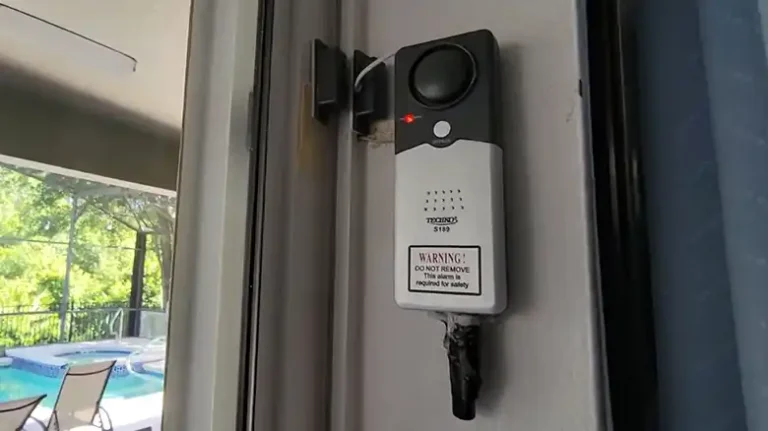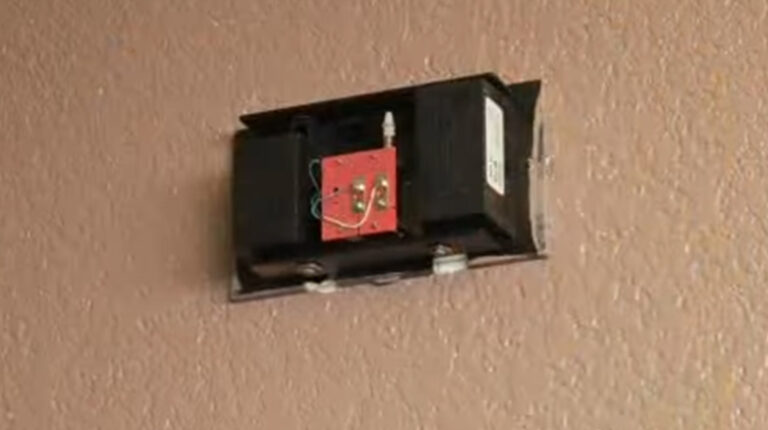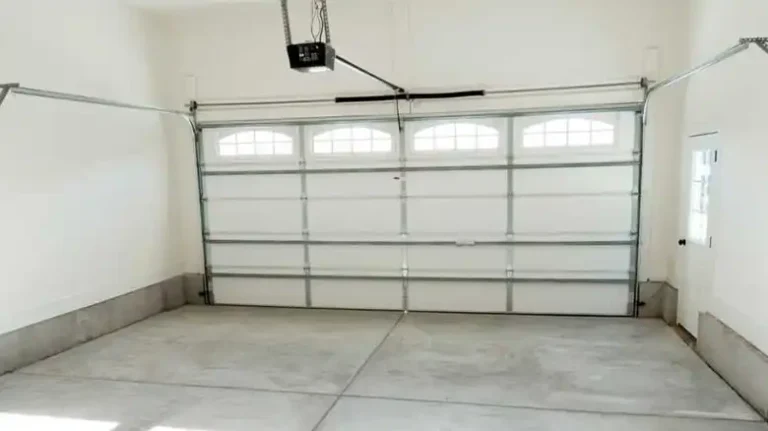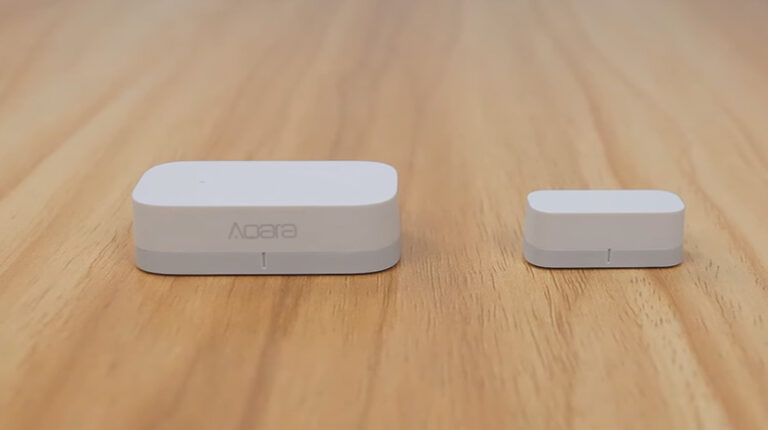Can I Put a Lock on a Door Without Drilling? Read to Find Out
Whether you want to add an extra layer of security to your existing door or you want to replace your existing locking mechanism and want a solution that does not require drilling, the only solution is to find a lock that works without drilling. This solution can also come in particularly handy if you are a renter and don’t have permission to make any alteration to the existing door.
So, can you put a lock on a door without drilling? The answer is yes. There are numerous types of locks available ranging from the most basic to the advanced type that you can put on your door without drilling.
Read on to find out more about these locks and the proper way to install them. We will also discuss some of the benefits of these types of door locks and what are some other alternatives.

When You Should Put a Lock Without Drilling?
Before diving into the methods of adding a lock without drilling, let’s first understand why someone might want to bypass this seemingly conventional installation approach.
Preserving the Door’s Original State
Drilling holes in a door can leave permanent marks and damage that may not be reversible. If you’re living in a rental property or want to maintain the original aesthetics of your door, drilling might not be your preferred choice.
Temporary Locking Needs
Sometimes, you only need a lock for a temporary situation. For example, if you’re hosting on Airbnb or staying in a vacation rental, you might need a lock that’s easy to install and remove without causing any structural changes to the door.
How to Put a Lock on the Door Without Drilling?
Now that we understand why someone might want to avoid drilling, let’s explore the various ways to add a lock without the need for power tools. These methods offer a range of flexibility and security options.
Adhesive Locks
How They Work: Adhesive locks are designed to stick onto the surface of your door using adhesive or double-sided tape.
Installation: Installing adhesive locks is a breeze. You simply attach the lock components to the door and frame as instructed by the manufacturer.
Security Level: While adhesive locks provide basic security, they may not be as robust as traditional drilled-in locks. They are more suitable for lightweight security needs.
Surface-Mounted Locks
How They Work: Surface-mounted locks, such as surface-mounted deadbolts or slide bolts, are installed on the surface of the door, typically without drilling into the door itself.
Installation: You might need to drill holes into the door frame to secure the bolt, but the door itself remains unaltered.
Security Level: Surface-mounted locks offer a moderate level of security and are suitable for various door types.
Portable Locks
How They Work: Portable locks are designed to be entirely tool-free and can be used on different types of doors.
Installation: These locks are incredibly easy to set up. You just place them on the door and engage the locking mechanism.
Security Level: Portable locks are convenient for travelers and provide a basic level of security. However, they are not as secure as traditional locks.
Magnetic Locks
How They Work: Magnetic locks use magnets to secure the door without drilling.
Installation: Magnetic locks are typically used for interior doors and are straightforward to set up. They don’t require any drilling or complex installation.
Security Level: Magnetic locks offer a reasonable level of security for interior doors but may not be suitable for high-security applications.
Are There Alternatives?
If none of the above options suit your needs, there are alternative solutions that can enhance your door’s security without the need for drilling.
Latch Guards and Security Bars
How They Work: Latch guards and security bars are designed to protect your door without invasive drilling.
Installation: You install them on the door frame, not the door itself, making them a non-intrusive security option.
Security Level: While they may not be traditional locks, latch guards and security bars enhance security by reinforcing the door’s integrity.
Doorstop Alarms
How They Work: Doorstop alarms are portable security devices placed at the base of doors to prevent unauthorized entry. They use sensors to detect door movement and emit a loud alarm (often exceeding 100 decibels) when tampered with.
Installation: Installation is simple, typically involving battery insertion and placement in front of the chosen door.
Security Level: They enhance security by alerting occupants and deterring intruders. Overall, it has a higher security level than traditional locks.
Downsides to Non-Drilling Locks
While these non-drilling options offer convenience, they do come with some drawbacks:
Security Level
Non-drilling locks may not provide the same level of security as traditional drilled-in locks. If you require maximum security, especially for exterior doors, drilling may still be the better choice.
Durability
Some adhesive or portable locks may wear out over time. If you’re looking for a long-term security solution, traditional locks might be more reliable.
Limited Applications
Certain non-drilling locks are best suited for specific types of doors or situations. It’s essential to consider compatibility and suitability for your particular needs.
When to Go Non-Drill and When Not To
Now that we’ve explored the options and considered the downsides, let’s discuss when it’s appropriate to opt for non-drilling locks and when drilling remains the preferred choice.
Go Non-Drill When
- You’re in a temporary housing situation where you can’t make permanent changes.
- You want to avoid damaging the door or frame.
- You need a quick and easy locking solution for a short-term situation, like vacation rentals.
Use Drilling When
- You require maximum security for your doors, especially exterior doors.
- You plan to stay in your current location for an extended period and want a long-term, durable lock solution.
- Your situation allows for drilling without causing issues with landlords or property owners.
FAQ
Are these locks suitable for all types of doors?
Not necessarily. Some non-drill locks are better suited for certain types of doors. Make sure to check compatibility before making a purchase.
How secure are these locks compared to drilled-in locks?
Non-drill locks can provide security but may not be as robust as traditional locks. Consider your specific security needs when choosing a lock.
Can I use non-drill locks for my front door?
While it’s possible, it’s generally recommended to use traditional locks for maximum security on your front door.
End Notes
To sum it up, adding a door lock without drilling is very much possible. In fact, there are so many innovative options available in the market that can offer drill-less solutions that may offer similar levels of protection and security. However, it’s important to do your due diligence and make sure to choose the right one for your situation.
Stay safe and secure. Thanks for reading.

![[Explored] Can a Doorbell Work Without a Transformer?](https://doorsuggest.com/wp-content/uploads/2023/08/Can-a-Doorbell-Work-Without-a-Transformer-768x431.webp)



